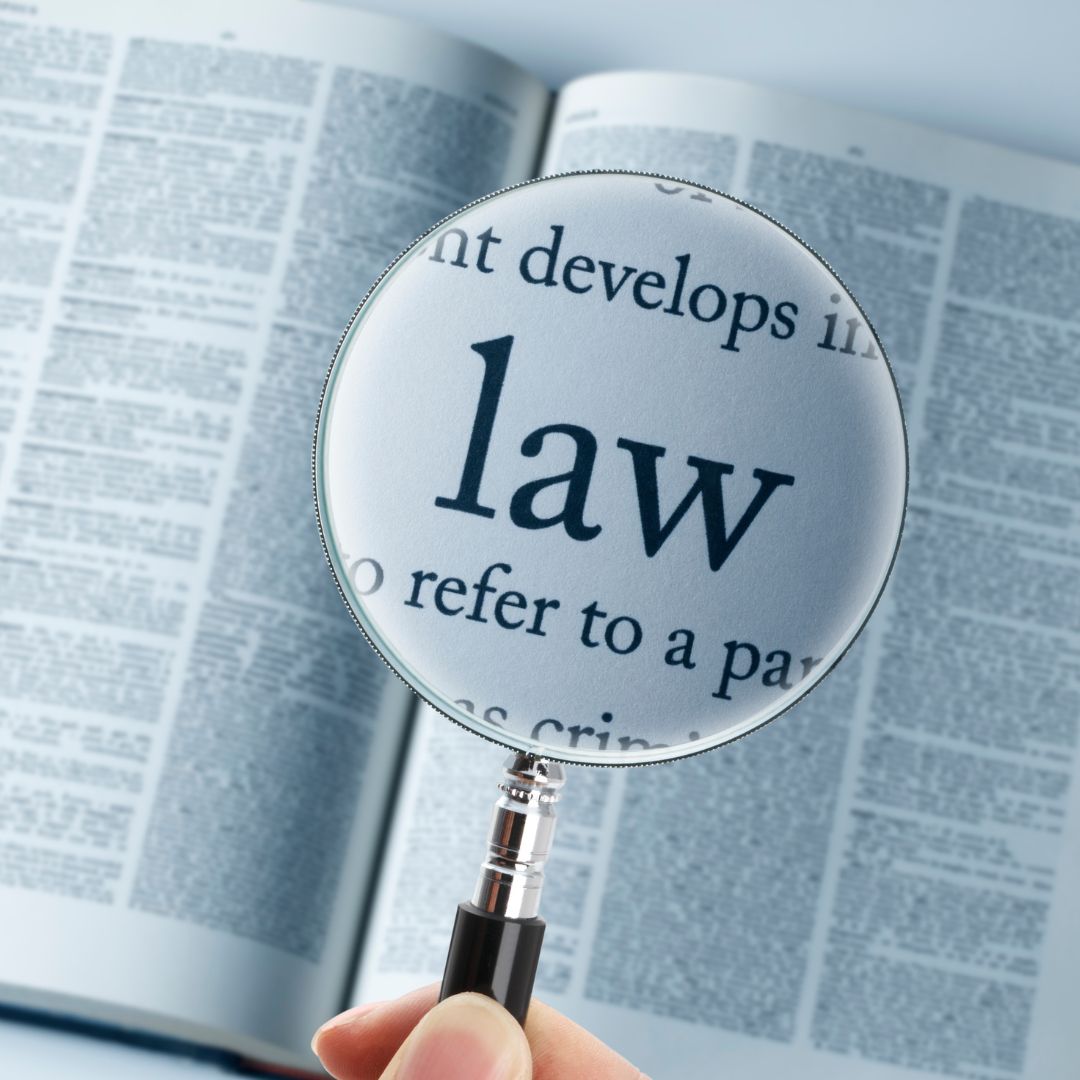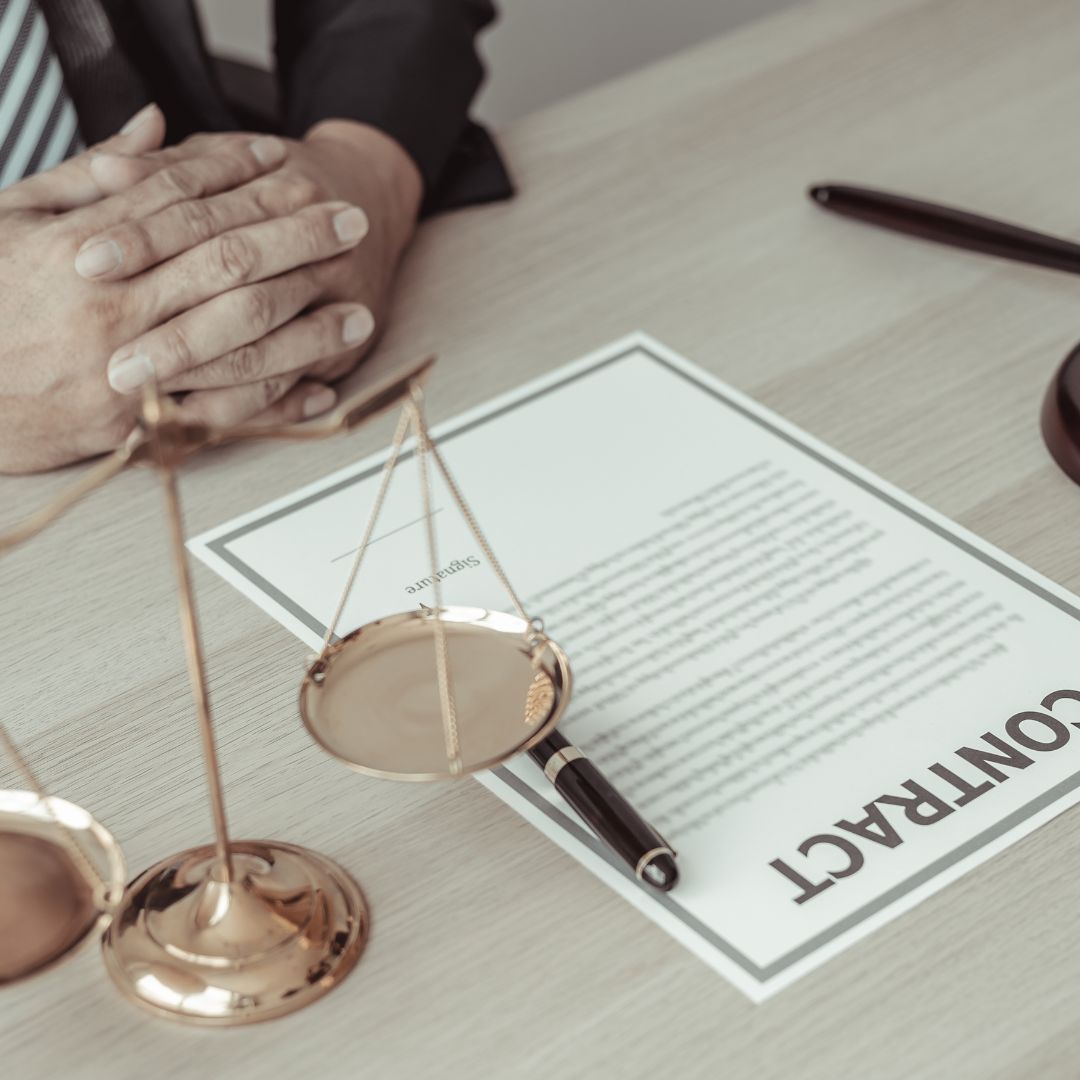In today’s digital age, the internet has become a double-edged sword. While it offers unparalleled opportunities for communication and expression, it also opens the door to potential harmful situations, such as online defamation.
In Thailand, defamation is a serious offense, governed by both civil and criminal laws. If you find yourself a victim of online defamation, it’s crucial to understand the legal avenues available to protect your reputation.
Understanding Defamation Under Thai Law
Defamation in Thailand is addressed under both the Civil and Commercial Code and the Criminal Code. Under Section 326 of the Criminal Code, defamation is defined as making a false statement to a third party that damages another person’s reputationw.
This includes statements made online, such as on social media platforms or blogs. The law recognizes both libel (written defamation) and slander (spoken defamation), and penalties can include fines and imprisonment.

Immediate Actions to Take
Upon discovering defamatory content about yourself online, it’s essential to act promptly:
- Document the Evidence: Take screenshots of the defamatory content, noting the date, time, and platform. This evidence is crucial for any legal proceedings.
- Report the Content: Most social media platforms have mechanisms to report abusive or defamatory content. Utilize these tools to request the removal of the content.
- Avoid Retaliation: Refrain from responding publicly to the defamation, as this could escalate the situation or be used against you legally.
Consulting Legal Professionals
Engaging with a legal expert experienced in Thai defamation law is a critical step. They can provide guidance tailored to your specific situation and help you navigate the complexities of the legal system. A lawyer can assess the strength of your case, advise on the best course of action, and represent you in court if necessary.
Pursuing Legal Action
If the defamatory content is not removed voluntarily, and it has caused significant harm to your reputation, legal action may be warranted. In Thailand, you can file a complaint with the police for criminal defamation or initiate a civil lawsuit seeking damages. Your lawyer will help determine the most appropriate legal avenue based on the specifics of your case.

Preventive Measures
To safeguard your reputation proactively:
- Monitor Your Online Presence: Regularly search for your name and monitor mentions on social media to catch any defamatory content early.
- Engage in Reputation Management: Consider working with professionals who specialize in online reputation management to maintain a positive digital footprint.
- Educate Yourself: Stay informed about your rights and the legal protections available to you under Thai law.
Conclusion
Online defamation can have serious repercussions on your personal and professional life. Understanding the legal framework in Thailand and taking prompt, informed actions are vital to protecting your reputation.
By documenting evidence, consulting legal professionals, and considering both immediate and long-term strategies, you can effectively address and mitigate the impact of online defamation.
